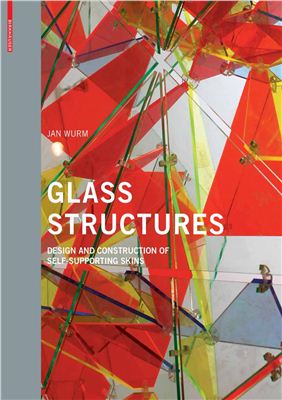Birkh?user Basel, 2007, 255 pages
Flat glass opens up more possibilities for the planner than virtually any other material. Because of the technological complexity of using it, however, no specific structural forms have been developed for glass supporting frameworks as they have been for wood, concrete, and steel.
This book is thus the first to present a coherent guide to the planning and design of glass supporting frameworks. The focus is on the pressure-resistant, flat supporting element as a basic building block for broad supporting structures.
The spatial and constructive forms of multifunctional, self-supporting glass envelopes are vividly illustrated and systematically explained. The constructions presented exhibit new aesthetic qualities, based not on the dictum of "dematerialization but on the poetry of gleaming and transparent planes. They ring in a new chapter in the history of glass architecture.
Flat glass opens up more possibilities for the planner than virtually any other material. Because of the technological complexity of using it, however, no specific structural forms have been developed for glass supporting frameworks as they have been for wood, concrete, and steel.
This book is thus the first to present a coherent guide to the planning and design of glass supporting frameworks. The focus is on the pressure-resistant, flat supporting element as a basic building block for broad supporting structures.
The spatial and constructive forms of multifunctional, self-supporting glass envelopes are vividly illustrated and systematically explained. The constructions presented exhibit new aesthetic qualities, based not on the dictum of "dematerialization but on the poetry of gleaming and transparent planes. They ring in a new chapter in the history of glass architecture.

